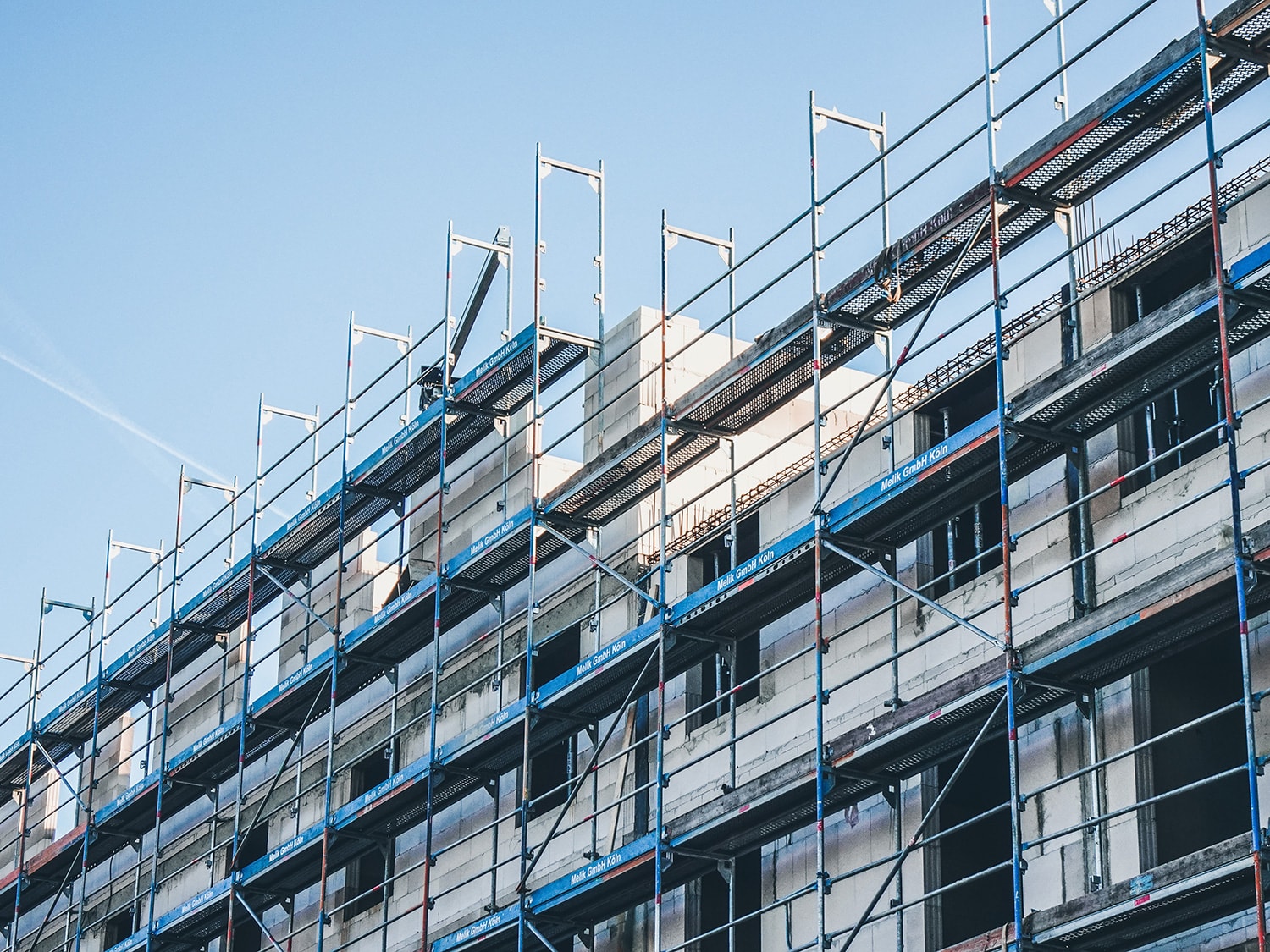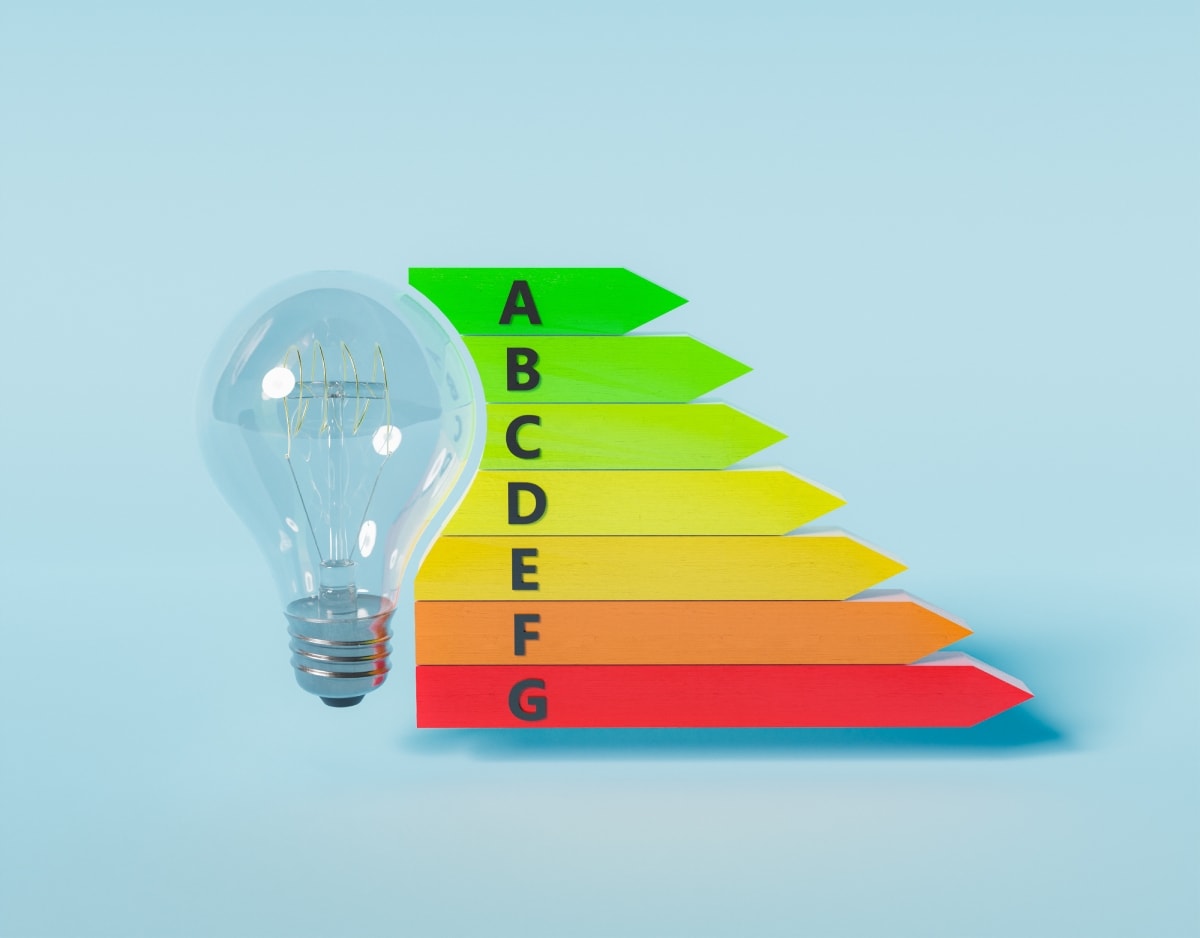Index
A home's energy class is a fundamental aspect to consider both for those looking to purchase a new home and for those interested in improving the energy efficiency of their property. It not only influences the running costs of the home, but also has a significant impact on the environment.
In this document, we'll explore everything there is to know about home energy class, from its definitions and importance, to the benefits of a highly energy-efficient building, and methods for improving it.
We'll discover how to make informed choices to live in a more sustainable environment and reduce long-term expenses.
[cta-casavo title="Overwhelmed by documents?" text="Don't worry, Casavo handles the bureaucratic part for you."]
Introduction

Importance of the energy class
The home energy class is fundamental for several reasons. First of all, it directly affects energy bills. A home with a good energy rating consumes less energy, thus reducing monthly expenses for heating, renovations, cooling, and lighting.
Secondly, a high energy rating increases the market value of the property. Buyers are often willing to pay more for homes that offer energy efficiency and improved comfort.
Furthermore, it contributes to reducing environmental impact. A property with a high energy rating produces fewer CO2 emissions, thus contributing to the fight against climate change. Finally, government regulations often require certain efficiency standards, making upgrading to a higher energy class not only beneficial, but also necessary.
Considering the energy class is therefore essential for a more economical and sustainable life.
How the energy class is determined
Determining the energy class of a home is done through a careful evaluation of various factors. A qualified technician performs an energy audit that includes analyzing the thermal insulation, the efficiency of the heating and cooling systems, and the quality of the windows.
The use of renewable energy sources, such as solar panels or heat pumps, is also examined. Following these assessments, a letter from A to G is assigned, where A represents the highest efficiency and G the lowest. The type of construction and location of the property, which can affect energy consumption, are also considered.
This process culminates with the issuing of the Energy Performance Certificate (EPC), a mandatory document in many real estate transactions. Having a clear understanding of how the energy rating is determined helps homeowners make informed decisions to improve the efficiency of their home.
Benefits of a good energy rating

Energy and economic savings
Energy and economic savings are one of the main benefits of a good home energy rating. Homes with high energy efficiency require less energy to heat, cool, and light, leading to a significant reduction in energy bills.
Effective thermal insulation, the use of high-efficiency windows, and the installation of modern systems reduce energy loss, maintaining a comfortable internal temperature with lower energy consumption. In the long term, this translates into considerable economic savings, balancing the initial costs of any improvements with ongoing reductions in operating expenses.
Furthermore, a property with a high energy rating can benefit from tax incentives or incentives provided by current regulations, further increasing overall savings. Investing in energy efficiency not only protects your wallet, but also the environment, contributing to a more sustainable lifestyle.
Environmental Impact and Sustainability
A good home energy rating not only offers financial savings, but also has a positive impact on the environment and promotes sustainability. Energy-efficient buildings reduce water and fossil fuel consumption, thus reducing greenhouse gas emissions. This directly contributes to climate change mitigation and the protection of natural resources.
Furthermore, the adoption of sustainable technologies and materials in building construction and maintenance reduces the overall ecological footprint. The integration of renewable energy sources, such as solar or wind, not only supports the production of clean energy but also fosters a culture of sustainability within communities.
Improving the energy efficiency of your home is therefore an important step towards creating a healthier and more livable environment for future generations. Informed choices in terms of energy efficiency can significantly contribute to a more sustainable world.
How to improve the energy class

Simple structural interventions
To improve the energy class of your home, you can start with simple and relatively inexpensive structural interventions. A first step is to optimize thermal insulation.
Adding layers of insulation to walls, roofs, and floors can significantly reduce heat loss. Another effective intervention is to replace window frames with double- or triple-glazed models, which improve energy efficiency while maintaining a comfortable internal temperature.
Sealing the gaps around doors and windows also helps prevent energy losses. Installing programmable thermostats allows you to better manage heating and cooling, optimizing consumption. Finally, replacing old light bulbs with LED ones reduces energy consumption for lighting.
These interventions, although simple, can significantly contribute to improving the energy class, offering a more efficient and sustainable environment.
[cta-casavo title="Are you looking for a home?" text="We help you make the right choice for you."]
Advanced technologies for energy efficiency
The adoption of advanced technologies is an effective method to significantly improve the energy efficiency of your home. Among these, home automation systems offer tools to monitor and control energy consumption in real time, allowing you to optimize the use of resources.
The installation of photovoltaic solar panels is another important step, as it allows you to produce clean energy and reduce dependence on the electricity grid.
Heat pumps, which exploit the thermal energy of the air or ground, represent an efficient solution for heating and cooling spaces. Furthermore, controlled mechanical ventilation systems ensure optimal air exchange with minimal heat dispersion. Condensing boilers, compared to traditional ones, offer greater efficiency by recovering heat from the flue gases.
By integrating these technologies, it is possible not only to improve the energy class, but also to enhance the value of the property, making it more attractive and sustainable.
Regulations and certifications

Energy certification: what you need to know
The energy certification is an essential document for determining the energy class of a home and provides crucial information on the energy efficiency of the property. Known as the Energy Performance Certificate (APE), this certificate is mandatory for the sale and rental of properties.
It is issued by a qualified technician, who carries out a detailed assessment of the building, taking into account various factors such as insulation, the type of systems and the use of renewable sources. The APE is a classification for the building on a scale ranging from class A (maximum efficiency) to class G (minimum efficiency). This document not only allows you to understand current energy consumption, but also offers suggestions on how to improve efficiency.
It is valid for 10 years, unless interventions are carried out that significantly change energy performance. Having an updated APE is therefore essential for those who want to sell or rent their home, ensuring transparency and compliance with current regulations.
National and European regulations
National and European regulations play a crucial role in defining the standards for calculating the energy class of a home. At the European level, the Energy Efficiency of Buildings Directive establishes minimum requirements to improve energy efficiency, promoting nearly zero-energy buildings.
This directive has been transposed by the Member States, each of which has developed specific regulations for their own context. In Italy, Legislative Decree 63/2013 regulates the energy performance certificate (EPC) and imposes obligations for its preparation in the event of the sale or rental of properties.
Furthermore, tax incentives are available for those who carry out energy efficiency interventions, such as the 110% Superbonus. Adherence to these regulations is essential to ensure legal compliance and benefit from available incentives.
The regulations not only aim to improve energy efficiency, but also to reduce carbon emissions, contributing to the fight against climate change and promoting sustainable development.
Choosing the right professional

Selection Criteria
Selecting the right professional to manage the energy certification or energy efficiency interventions of your home is essential to obtaining optimal results. First of all, it is important to check the professional's qualifications and experience. A qualified and certified technician guarantees competence and compliance with current regulations.
A professional who is up-to-date on the latest technologies and regulations represents added value, capable of offering the most innovative and sustainable solutions. Carefully choosing the right professional means investing in quality and safety.
Tips for avoiding common mistakes
When choosing a professional to improve your home's energy efficiency rating, it's important to avoid common mistakes that can jeopardize the success of the project. First of all, don't choose solely based on the lowest price. A lower cost can often mean a lower-quality service or the use of less efficient materials.
Secondly, be sure to check the professional's credentials and certifications, as an official qualification is a guarantee of competence and knowledge of regulatory classes.
If you rely on Casavo to sell or buy a house, a dedicated consultant will be able to best advise you and help you with every single aspect of the process!
[cta-casavo title="Do you want to know the value of your home?" text="It's free and instant."]

